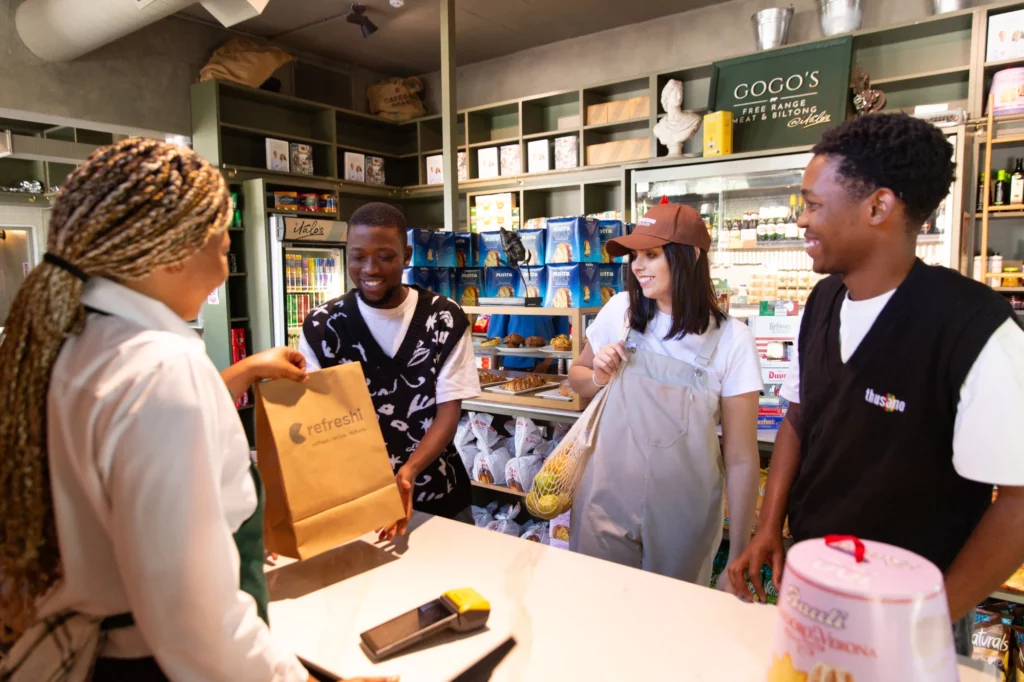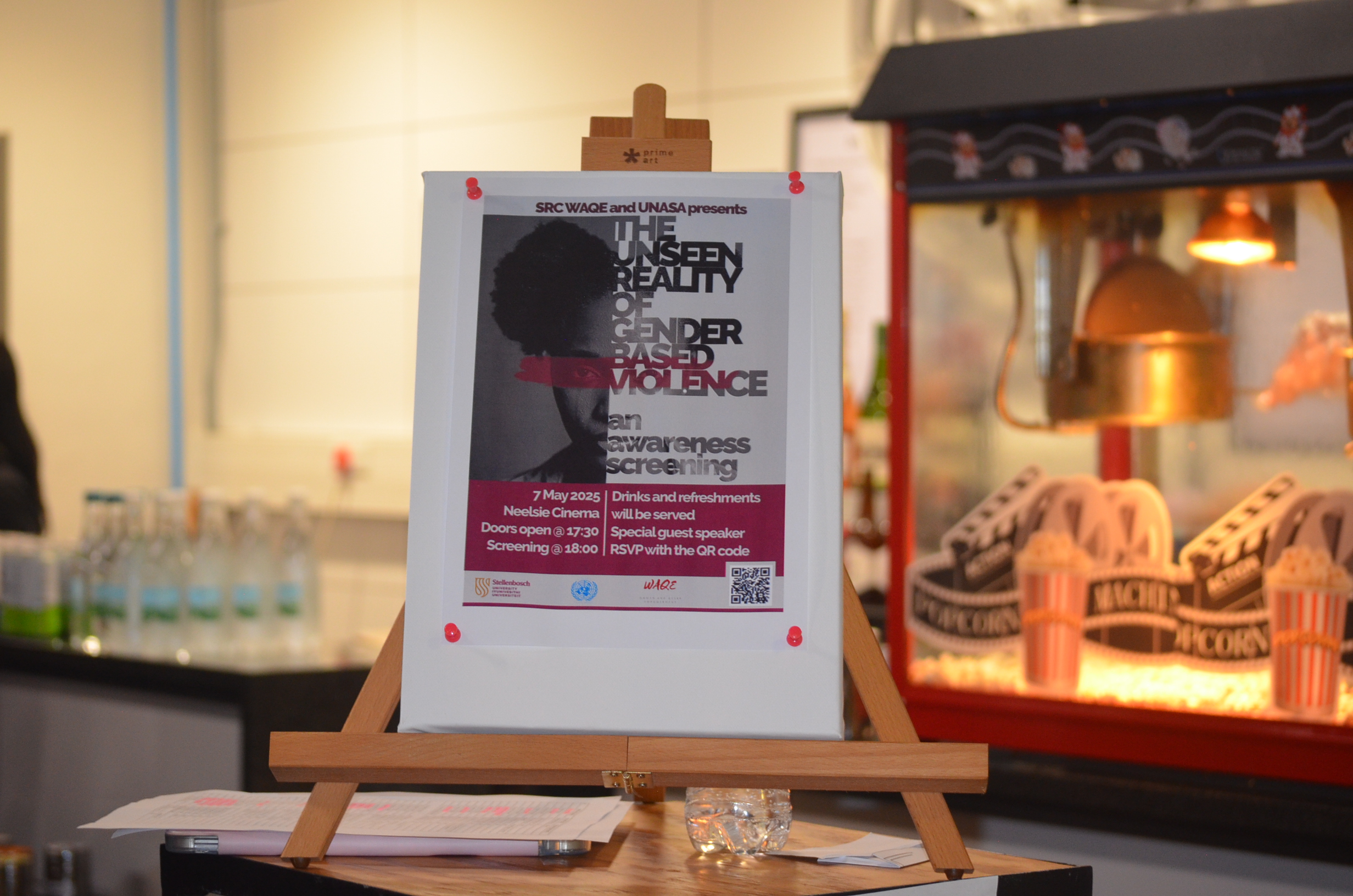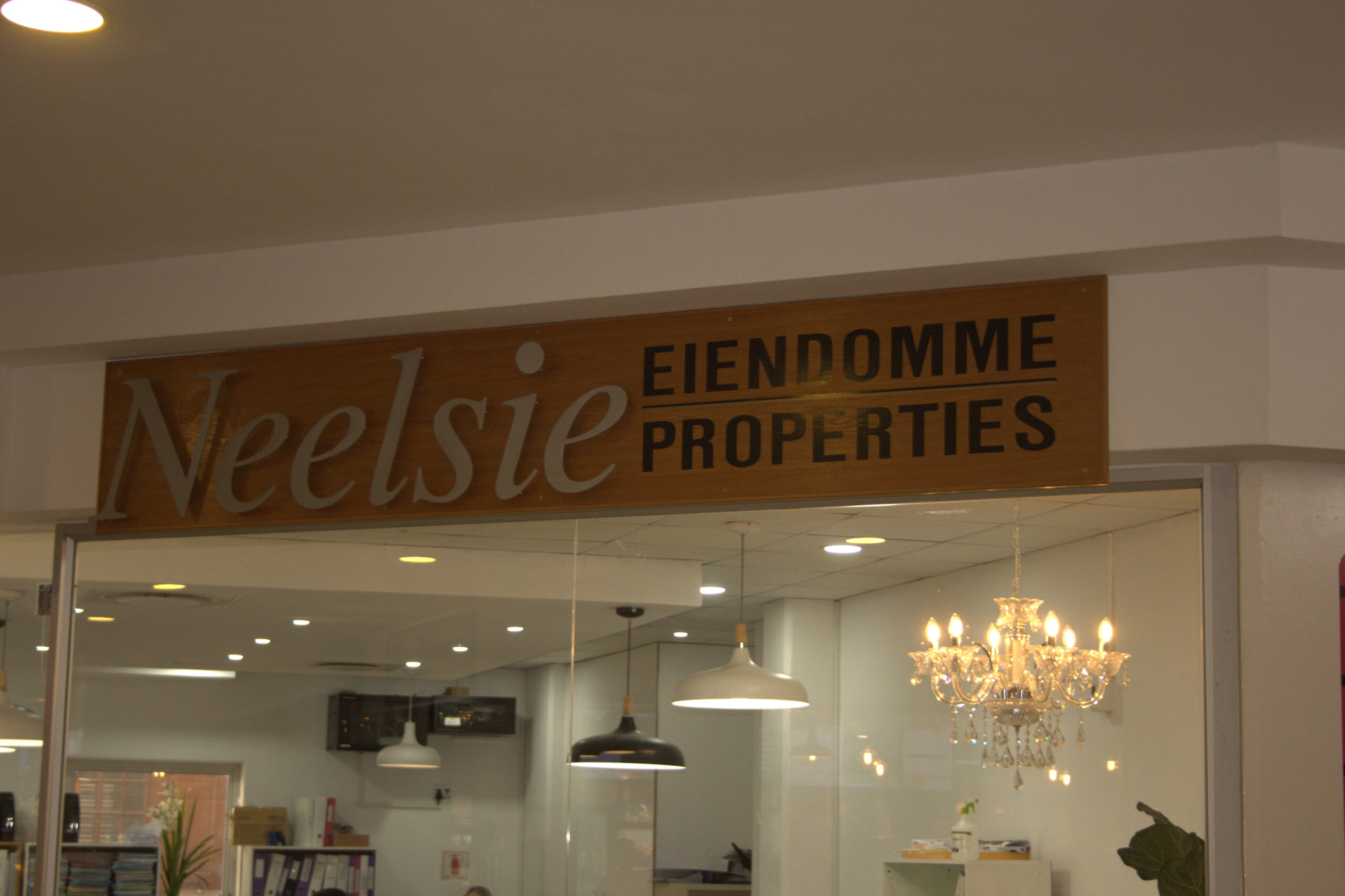By Nina-Marie Anker
Even for South Africans, it is possible to feel like a tourist in town when coming to study at Stellenbosch University (SU). The narrow, sometimes cobbled streets, the ever-changing restaurants, and the diverse cultures and religions—all living amongst one another in one densely grown garden of a town—can often transport you elsewhere.
When “elsewhere” is someone’s home, like for the ±4000 international students studying at SU annually, this international feeling might just be what allows them to feel either at home or far from it. To find out whether this is the case, Die Matie asked international students the question: Why study at SU?
The diversity on campus was one of the first things Caroline Marx, a first-year BA (Humanities) student, who has lived in several countries over the past 10 years, mentioned when asked to share her favourite things about Stellenbosch. “You never see two people exactly the same, and even though we all come from different places, most students [seem] approachable.”
Another highlight for students from afar seems to be the number and frequency of social gatherings and events that are open to everyone. “There truly is never a boring day in Stellenbosch,” explained Marx.
The quality of social interactions here also stands out to international students. Sarah Rowe, a first-year BCom (International Business) student from Zimbabwe, said, “There’s an unmatched unity and vibe amongst Maties students, and an overall eagerness to get to know as many people as possible.”
Nevertheless, everything is not as jolly as the jols each weekend, especially when students are thousands of kilometres from their homes. Whilst talking to several international students—some from Africa, others from Europe or the United States—it became clear that there are still many obstacles that students need to work on together to overcome in this global era.
Different first languages, value systems, academic backgrounds and preferences can make the adjustment to studying in South Africa an interesting but tricky one. According to Marx, “Bilingual classes and references to specific South African events and habits are definitely a big adjustment to relate to and understand.”
An international student’s work is also never done—residency status, recurring Visa applications and learning the South African lingo all contribute to the excess work of an international student.
In Rowe’s words, “The good truly outweighs the bad. The community of friendly, [more open-minded] people makes all of the difficulties worth it.”
Overall, international students experience Stellenbosch as a challenging but stimulating environment filled with something and someone for everyone, and it should be viewed as a privilege to be their host.



